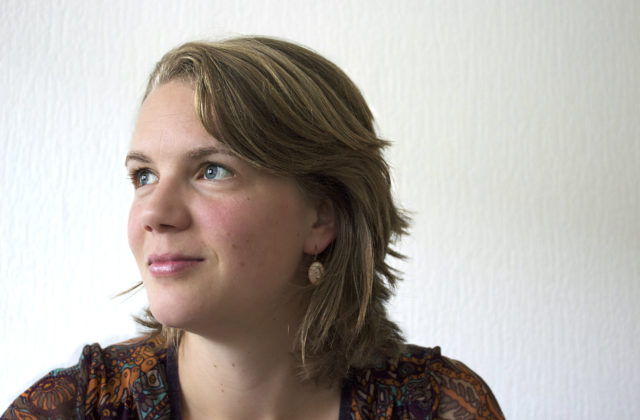Women Writers as Knowledgeable Literary Authors 1600-1800
Research Question
How did the conceptualization of poetic and other types of knowledge in literary publications of women writers contribute to the shaping of female knowledgeable authors in the 17th and 18th centuries?
Project Description
As part of the large-scale research project Creating a Knowledge Society in a Globalizing World 1450-1800 and its working group V on the Understandings of Knowledge, our subproject focuses on the conceptualization of poetic knowledge in relation to knowledge from other domains (such as religion or science) during the seventeenth and eighteenth centuries. We specifically examine how female authors defined the concept of ‘knowledge’ in the paratexts of their literary publications, such as dedications to patrons, dedications to readers, and laudatory poems, written by the female authors of the publications themselves as well as by other (male and female) authors. These preliminaries were often used to explicitly discuss and defend the authority or even superiority of the woman writer, in order to justify both its quality and the fact that a woman’s work was made public. How did women connect their poetic knowledge to other types of knowledge, and to what extent did they represent themselves as skilled literary authors? By analyzing paratexts, we aim to understand if and how women were shaped (by themselves as well as others) as ‘knowledgeable authors’.
Selected Publications
Geerdink, N. (2019). Economic Advancement and Reputation Strategies: Seventeenth-Century Dutch Women Writing for Profit. Renaissance Studies (forthcoming).
Geerdink, N. & Font Paz, Carme (2018). Economic Imperatives for Women’s Writing in Early Modern Europe. (262 p.). Leiden: Brill / Rodopi.
Geerdink, N. (2010). Cultural Marketing of William III: A Religious Turn in Katharina Lescailje’s Political Poetry. Dutch Crossing, 34 (1), (pp. 25-41).
